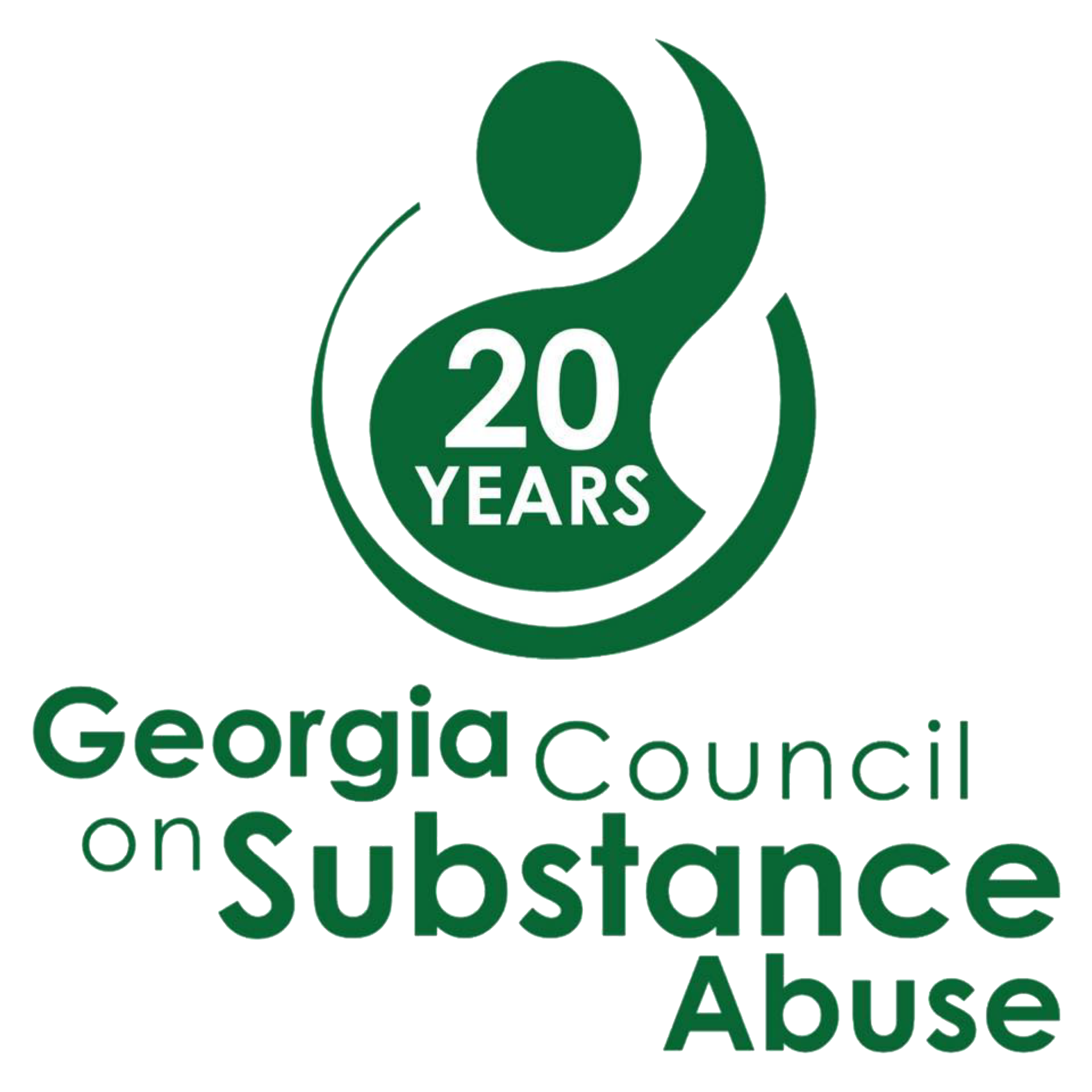GCSA Grants
Building Communities of Recovery
Georgia Council on Substance Abuse (GCSA) has been awarded a three year grant through the Substance Abuse Mental Health Services Administration (SAMHSA) Center for Substance Abuse Treatment (CSAT). This grant is part of the Comprehensive Addiction and Recovery Act (CARA): Building Communities of Recovery grant program.
This funding supports the development and enhancement of Recovery Support Services (RSS) and Peer Recovery Support Services (PRSS) to educate community stakeholders, build connections between local Recovery Community Organizations (RCOs), and conduct public education and outreach on addiction and mental illness recovery. Partnering with six RCOs over a 3-year period, BCOR funds set up six training and education hubs throughout the state. These hubs increase education and networking opportunities for local stakeholders who serve those with substance use disorders.
Georgia Council on Substance Abuse provides financial assistance, technical assistance, and data collection resources to participating RCOs throughout Georgia. This initiative increases public awareness of recovery from substance use disorders as well as measures the impact of increased community collaboration to create local solutions.
Over the three year period, trainings are provided to three Cohorts. Each Cohort will have two RCOs. Each RCO in Cohort #1 will be contracted for three years to be involved with all aspects of development for Cohorts #2 and #3, including the selection process, training and technical assistance. Cohorts #2 and #3 will each be contracted for one year to participate in the outlined project.


The project will consist of:
Asset Based Community Development Environmental Scan and Data (ABCD) Collection Training (3 Months)
Review what ABCD is and why it is an important first step. Review data gathered through previously conducted community focus groups. Training in rapid cycle continuous quality and outcome improvement including data collection process and measurable outcomes. Identification of who’s not at the table and how to include them.
- What services are currently being provided?
- What’s working?
- What could be better?
- What keeps you hopeful?
- What education would the given community benefit from most?
- How do you tailor these educational trainings to best reach the given audience?
The ABCD process meetings will be recorded as webinars so that this process becomes a standard practice for RCOs and RSSs in general. After gaining experience in infrastructure enhancement, Cohort 1 will assist with future key activities for Cohorts 2 and 3 with GCSA staff throughout the 3 year funding period.
Community Partnerships Training and Implementation (3 Months)
A large part of GCSA’s success over the past 17 years is due to the ongoing relationtionships formed with stakeholders both in and outside of Georgia’s recovery communities. Cohort 1 will be coached on creating and maintaining relationships with stakeholders identified in the ABCD activity. Part of this training requires RCO leaders to self-assess proficiency to identify strengths, areas for improvement and ways to celebrate successes. One required measurable objective is community stakeholders align with community demographics.
Continue Building Relationships and Publicize (3 Months)
Stakeholder relationships evolve. For example, an RCO may not have the credibility and reputation to provide education to agencies such as the Department of Juvenile Justice or Family and Children Services initially but as data is collected and results are demonstrated, opportunities will arise due to the overlap of who these departments and RCOs serve. The idea is to begin with the “low hanging fruit” and then expand to other partnerships to serve under-served and underrepresented populations. Cohort 1 is expected to have extensively broader connections by year 3.
Workshops
Community workshops will be conducted by the cohorts during the initial 9-month period of funding. Four to six workshops will be chosen for their community from the following list:
- Science of Addiction Recovery (SOAR)
- Expect Recovery messaging/language
- Recovery Advocacy
- Recovery Oriented Systems of Cares (ROSC) and social model of recovery
- Cultural Competency
- One additional training selected by the RCO
ONGOING COMMITMENTS
Monthly RCO Leadership Team Meetings
Cohorts 1-3 will be required to attend monthly RCO network e-meetings to learn from other developed RCOs. These connections within the recovery community promote more effective service delivery
Monthly RCO Leadership Team Meetings
RCO leadership teams will meet with their cohort, GCSA BCOR steering team, and Evaluation Director to participate in monthly conference calls to review data, identify strengths, weaknesses, and areas for improvement. Meetings will occur for 1-2 hours every month and provide an opportunity for everyone involved to evaluate project success, as a team.

